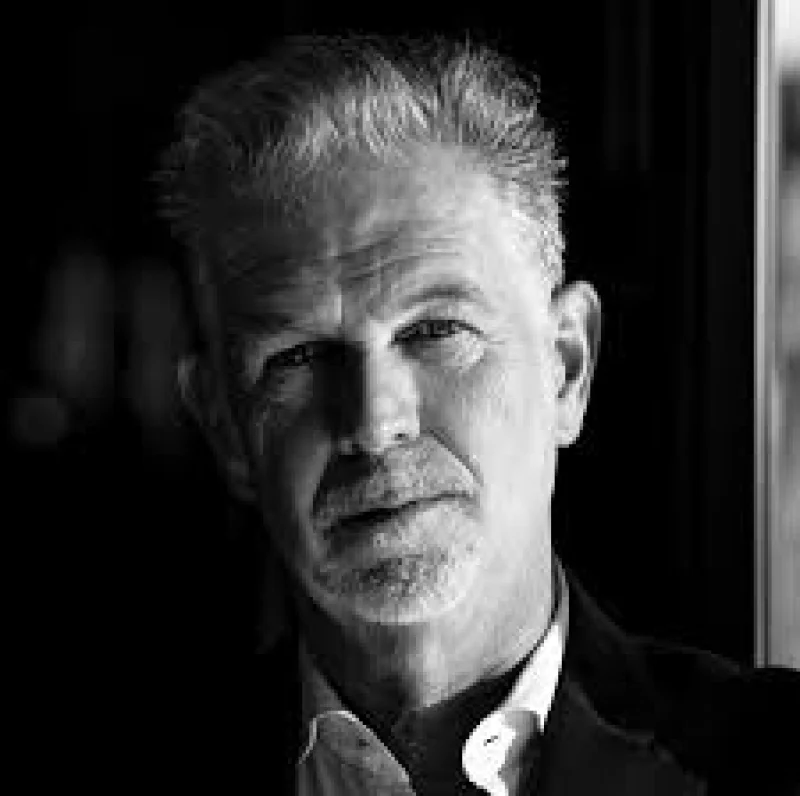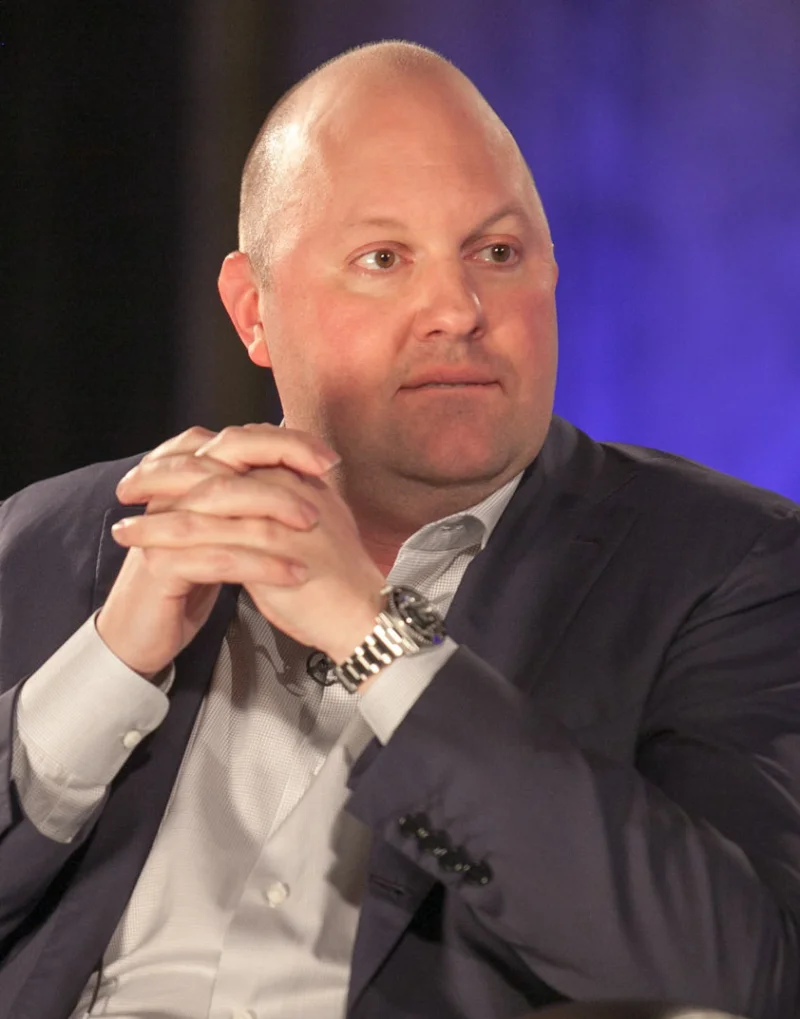Short Summary
Reed Hastings is an American entrepreneur and philanthropist best known as the co-founder and former CEO of Netflix, a global streaming entertainment service. His innovative approach to digital media transformed how people consume television and movies worldwide. Hastings is also recognized for his contributions to education, particularly through his work in charter schools and educational technology. He remains a significant figure in the tech industry, celebrated for his vision and impact on modern media consumption.
Early Life & Education
Born on October 8, 1960, in Boston, Massachusetts, Wilmot Reed Hastings Jr. grew up in a family that valued education and intellectual pursuits. His father was a lawyer who worked in the Nixon administration, and his mother was a Boston debutante. Hastings attended Bowdoin College, where he graduated with a degree in mathematics. Following his undergraduate studies, he joined the Peace Corps and taught high school math in Swaziland, an experience that profoundly influenced his worldview and leadership style. Upon returning to the United States, he earned a master's degree in computer science from Stanford University, which set the stage for his career in technology and entrepreneurship.
Career Highlights
Reed Hastings began his career at Adaptive Technology, where he designed debugging software. His first major entrepreneurial venture was Pure Software, a company focused on developing products to troubleshoot software. After Pure Software merged with Atria, and subsequently Rational Software, Hastings found himself yearning for a new challenge. In 1997, he co-founded Netflix with Marc Randolph, initially as a DVD rental-by-mail service. Under his leadership, Netflix pivoted to streaming in 2007, revolutionizing media consumption. Hastings's vision and strategic foresight led to Netflix's global expansion, making it a dominant player in the entertainment industry.
Major Achievements
- Co-founded Netflix, transforming it from a DVD rental service to a global streaming platform.
- Pioneered the subscription-based model in the media industry.
- Expanded Netflix internationally, reaching over 190 countries.
- Invested in educational initiatives, particularly in charter schools and educational technology.
- Named one of Time’s 100 Most Influential People in 2014.
Famous Quotes
- "If you’re not failing, you’re not innovating enough."
- "Companies rarely die from moving too fast, and they frequently die from moving too slowly."
Interesting Facts
- He served as the president of the California State Board of Education.
- He was inspired to start Netflix after incurring a late fee from a video rental store.
- Hastings is a strong advocate for "freedom and responsibility" in corporate culture.
- He is an avid mountain biker.
- He donated millions to support educational reform in the U.S.
Legacy / Influence
Reed Hastings has left an indelible mark on the entertainment industry by transforming how content is consumed globally. His commitment to innovation set new standards for digital media and led to the widespread adoption of streaming services. Beyond entertainment, his advocacy for educational reform and philanthropy in education demonstrates his influence extends beyond technology, impacting societal structures and future generations.
FAQ
Q: Why is Reed Hastings famous?
A: He is famous for co-founding Netflix and revolutionizing the entertainment industry with streaming services.
Q: What did he study in college?
A: He studied mathematics at Bowdoin College and later earned a master's degree in computer science from Stanford University.
Q: What are his contributions to education?
A: He has been involved in educational reform, particularly in charter schools, and has donated to various educational initiatives.
Q: What inspired him to start Netflix?
A: The idea came after he was charged a late fee for a video rental, prompting him to find a more convenient solution for renting movies.













